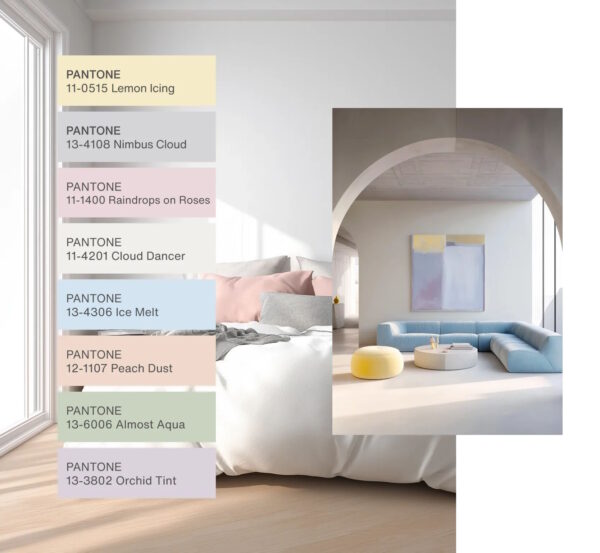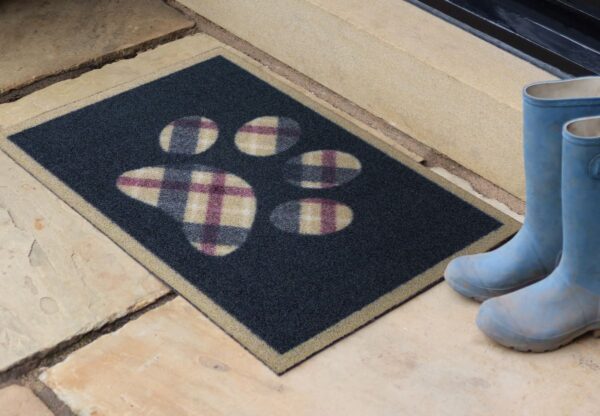Marks & Spencer has announced that it is to close 30 of its stores as its clothing and homeware offering suffer the worst ever year of trading.
The company posted a pre-tax loss of £201m for the year to March 27, compared with £67.2m profit a year earlier. The retailer has already closed or relocated 59 shops and cut 7,000 jobs across stores in an effort to reduce costs.
It is the first time the retailer has posted an annual loss in the past 94 years, as the fashion industry nationwide took a massive hit from the retail lockdown.
Clothing and home sales fell by almost a third to £2.2bn over the year, with an operating loss of £129.4m, as far fewer people went shopping for office and holiday clothes.
The number of ‘full line’ M&S stores, which sell clothing, homeware and food, are said to be in long-term decline and will be cut from 254 to 180 over the next ten years.
In addition to the closures, 35 stores will be moved to new locations – possibly in former Debenhams sites – and 45 will be converted to food-only shops, as the partnership with Ocado gave a boost to food sales.
The Ocado tie-in brought some £78million to the company’s bottom line; shares in M&S rose 11pc to 173p – their highest value since the pandemic began – and there are hopes that it will come out of the crisis stronger than it was at the start.
Analysts at Jefferies commented: “Sales should build up strongly in food as more workplaces fully reopen for business in the months to come.”
M&S CEO, Steve Rowe, said he expected M&S will have more stores in total within five years but that a greater proportion will be selling groceries. He said: “They would be rebalanced towards the growing food business.”
Mr Rowe did not say which stores would be closed but said: “Most of them will be in old high street locations, not necessarily new city centres with office populations.”
M&S has seen an upswing in trading during the first six weeks of its financial year as lockdown restrictions are eased. It expects profits to rebound to between £300m and £350m but dividend payouts are likely to be delayed as it concentrates on its return to profitability.

















